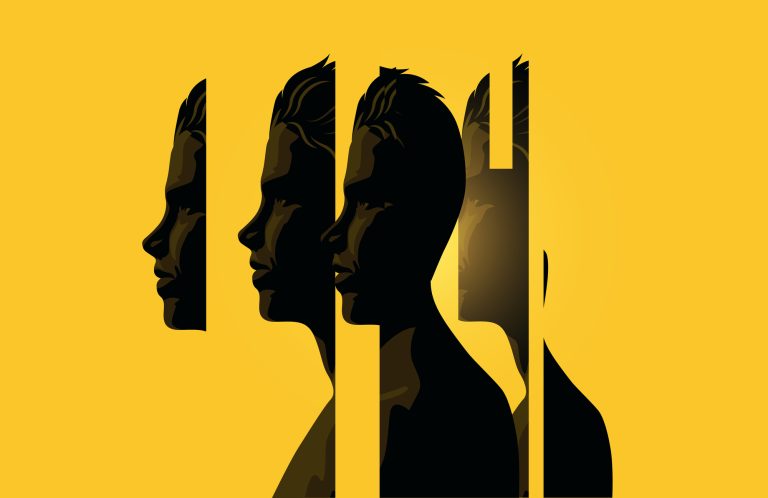Acute social withdrawal, sometimes referred to as hikikomori, refers to an extreme version of avoiding interaction with, and spending time with, others. This includes avoiding people and activities that one might usually enjoy. Research suggests such withdrawal is caused by mental health and emotional struggles that a person might be experiencing, and it can also result in increased challenges to mental wellness. Acute social withdrawal that lasts over a long period of time can not only decrease important interpersonal skills but can also cause feelings of anger, shame, low self-esteem, and loneliness. Its negative effects are usually compounded over time.
The COVID-19 pandemic led to the implementation of social distancing and isolation that effectively imposed a form of social withdrawal on billions of people. These quarantine and isolation requirements were very challenging for most because we are social creatures who derive a great deal of our sustenance and sense of identity through our interactions with others. The elevated levels of loneliness and social isolation resulting from the pandemic produced increased negative mental-health related challenges, as we have seen in multiple studies.
Even though different cultures encourage various levels of social interaction, by and large they all encourage and value healthy levels of human interaction. For that reason, it is difficult to identify a causal relationship between specific cultural practices and acute social withdrawal.
There is no doubt that certain activities undertaken via screen-based devices like smart phones have encouraged more in-person isolation. On the other hand, such devices have also allowed for increased “at distance” interactions with others, direct messaging, texting, video chatting, social media posting, etc. Having said that, social isolation (or hikikomori) has been tied to intense use of the Internet, and is seen largely in teen boys and young men who spend a great deal of time online gaming.
Metaverse and blockchain technology can be incorporated into the healthcare system in a number of ways. For example, used correctly blockchain’s distributed ledger technology can facilitate the supply of medicine, help transfer patient medical records securely, defend healthcare data from hacking, and even unlock parts of the genetic code to enable medical advances.
The Metaverse leverages emerging 3-D-enabled digital spaces such as augmented and virtual reality as well as various other cutting-edge Internet-based technology. These Metaverse-enabled treatments will be leveraged in service to mental health treatments via often lifelike personal and business experiences online that would not be possible otherwise. For example, as reported in Politico, some digital platforms dedicated to treating alcohol use disorder provide new patients with a virtual reality headset through the mail when they sign up for the service.






